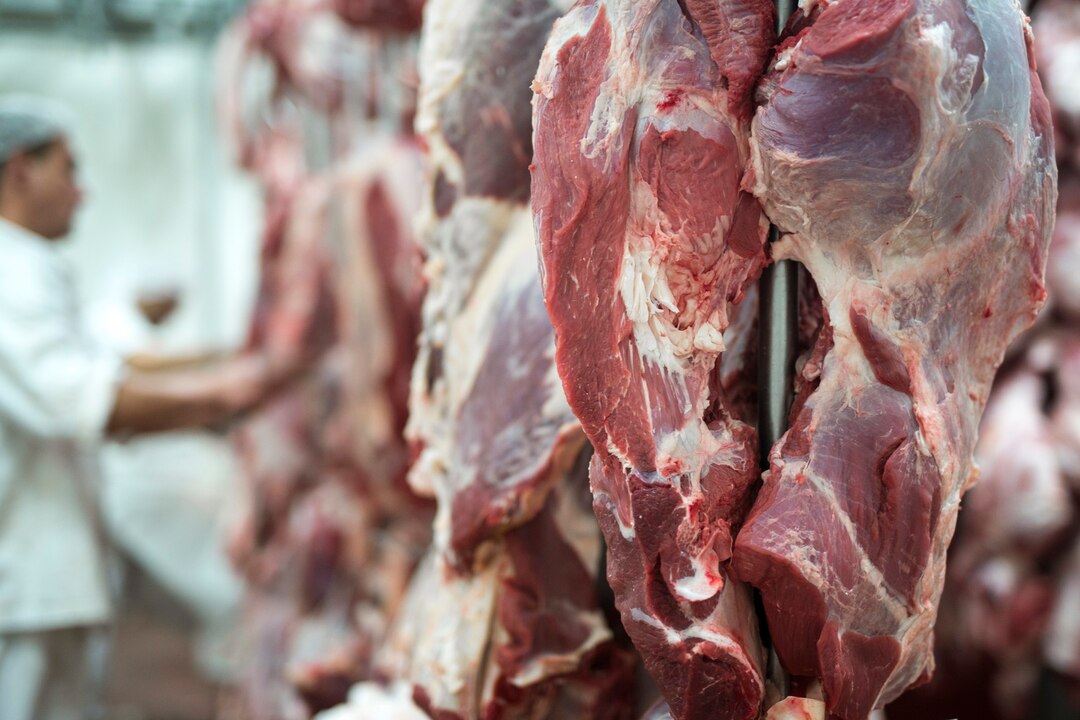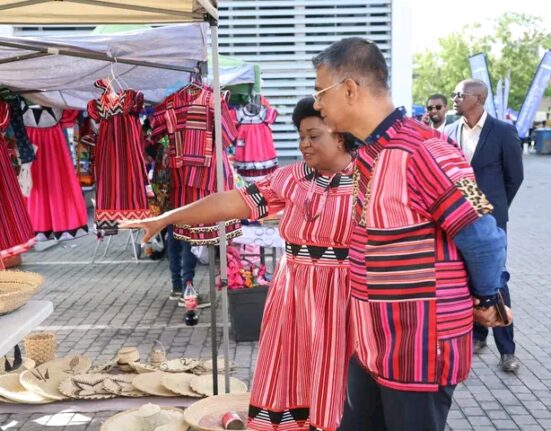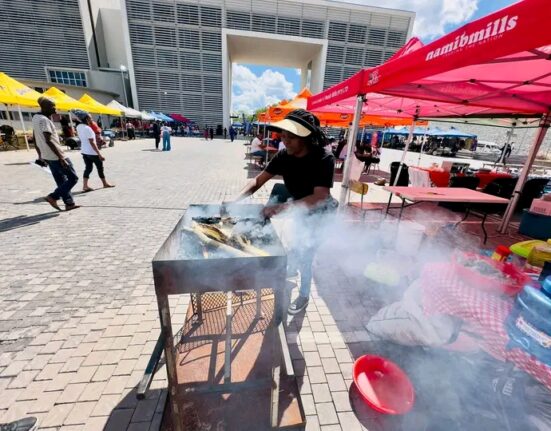Namibian beef has gained a reputation as one of the finest quality meats globally, earning a place on dining tables and in markets around the world. From its pristine grazing lands to rigorous farming practices, Namibia has built an export-driven beef industry that continues to thrive. This article explores the reasons behind the growing demand for Namibian beef and its significance in the global market.
The Legacy of Namibian Beef
Namibia’s cattle farming dates back centuries, deeply rooted in the cultural and economic fabric of the country. Over time, Namibia has transformed its traditional livestock farming into a modern and highly efficient industry, supplying premium beef to international markets.
The industry’s reputation stems from its consistent quality, sustainable farming practices, and a commitment to producing safe and ethically sourced meat.
Free-Range and Grass-Fed Cattle
Namibia’s beef stands out for being free-range and grass-fed. Cattle are raised in vast, open landscapes with access to natural pastures and clean water. The arid climate and sparsely populated environment allow for stress-free farming, which improves the flavor and texture of the meat.
The grass-fed approach also ensures that Namibian beef is lean, nutrient-rich, and free of artificial additives, appealing to health-conscious consumers.
Stringent Quality and Safety Standards
Namibian beef is produced under some of the world’s strictest quality and safety standards. The country’s Meat Board oversees the industry, ensuring compliance with rigorous veterinary and food safety protocols.
Namibia is certified as free of foot-and-mouth disease (FMD) in its beef export zones, thanks to extensive animal health monitoring and vaccination programs. Traceability systems also enable authorities to track each animal from birth to processing, further ensuring transparency and trust in the supply chain.
Export-Friendly Policies
Namibia’s government has implemented policies to support its beef exports, ensuring that its products meet the requirements of international markets. Namibia was the first African country to export beef to the United States and has long-standing trade relationships with the European Union (EU), China, and South Africa.
These agreements allow Namibia to access lucrative markets where high-quality beef is in demand, making it a leading exporter on the continent.
Namibia’s Unique Climate Benefits Beef Production
Namibia’s semi-arid climate provides an ideal environment for cattle farming. The lack of excessive humidity reduces the prevalence of pests and diseases that can affect livestock health.
Additionally, the climate influences the flavor profile of Namibian beef, giving it a distinct taste that appeals to consumers seeking premium meat products.
Ethical and Sustainable Farming Practices
The Namibian beef industry prioritizes sustainability and ethical practices. Farmers employ rotational grazing to prevent overgrazing and preserve soil health. Efforts are also made to conserve water, a vital resource in Namibia’s arid environment.
Ethical treatment of animals is a cornerstone of the industry, with cattle allowed to graze freely and live in natural conditions. These practices align with the expectations of modern consumers who value environmentally and ethically sourced products.
Namibia’s Beef in International Markets
Namibian beef is highly sought after in key markets, including the EU, United States, China, and South Africa. The EU, in particular, is one of Namibia’s largest trading partners, importing large quantities of high-quality beef under favorable trade agreements.
Namibian beef is marketed as a premium product, often featured in high-end restaurants, specialty butcher shops, and gourmet food stores. Its reputation for quality and sustainability gives it a competitive edge in global markets.
Meeting the Growing Demand
The rising demand for Namibian beef is driven by several factors, including increasing consumer preference for ethically sourced and high-quality meat. Namibia’s ability to produce beef that meets stringent international standards has positioned it as a reliable supplier.
The government and private sector continue to invest in improving production capacity, infrastructure, and marketing efforts to ensure Namibia meets the growing demand.
Challenges Facing the Industry
Despite its success, Namibia’s beef industry faces challenges such as drought, limited water resources, and competition from other beef-exporting nations. Climate change poses a long-term threat to cattle farming, making sustainable practices even more critical.
Additionally, fluctuating global beef prices and trade regulations can impact revenues and market access. However, Namibia’s focus on innovation and resilience ensures that the industry remains competitive.
The Future of Namibian Beef
The future of Namibian beef lies in continued investment in sustainability, expanding access to new markets, and promoting its unique qualities. By leveraging its reputation for premium quality and ethical farming, Namibia can solidify its position as a leader in the global beef industry.
Efforts to diversify product offerings, such as introducing value-added beef products, can also enhance Namibia’s competitiveness and revenue potential.
Namibian beef is more than just a product; it represents the country’s dedication to quality, sustainability, and ethical farming practices. From its free-range, grass-fed cattle to its rigorous safety standards, Namibia has set a benchmark for the global beef industry.
As demand for high-quality meat continues to grow, Namibia’s beef industry is poised to thrive, cementing its place as a trusted supplier of premium beef worldwide. For discerning consumers and businesses seeking ethically sourced and superior-quality meat, Namibian beef remains an unmatched choice.













